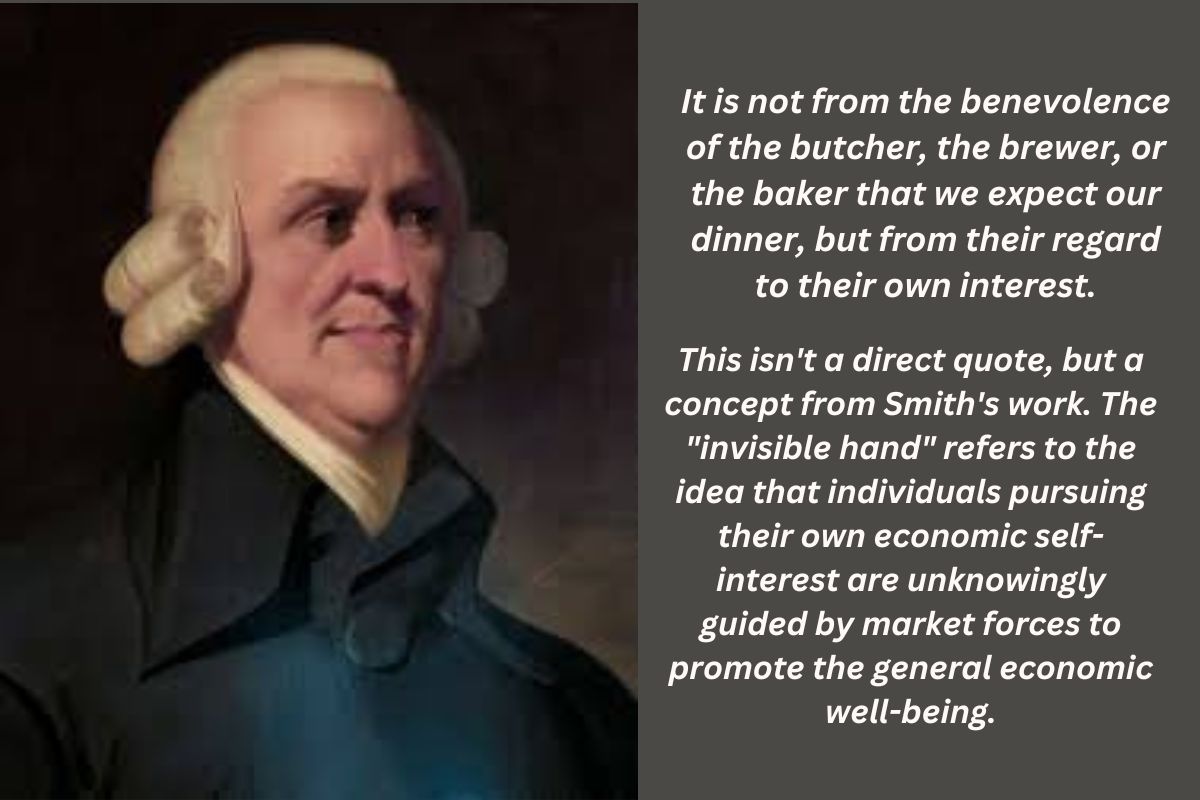Alan Turing, a name synonymous with intellectual brilliance and innovation, is an iconic figure in the annals of scientific history. Born in 1912 in London, England, Turing’s life was marked by his remarkable contributions to two fields that shaped the 20th century: mathematics and cryptography. In this blog, we investigate Alan Turing IQ, his revolutionary contributions to mathematics, and his crucial involvement in cryptography.
Alan Turing’s Early Life and Education
Turing’s upbringing and early education
Alan Turing was a brilliant person. His mom came from a family of intelligent engineers and thinkers. Alan went to a regular school when he was young, and he was already showing that he was great at math. His early years set the stage for his later work in math and codebreaking. All the support from his family and his early love for solving problems helped him become a famous person in science and technology.
Turing’s exceptional mathematical talent and intellectual development
Alan Turing was not just intelligent; he was a math genius. From a young age, Alan loved playing with numbers and solving math puzzles. As he got older, Alan Turing IQ for math became even more apparent. He was like a math superhero, always coming up with new ideas and solutions to tricky problems. This love for math would become his superpower, helping him make incredible discoveries and become famous in science and technology.
Cambridge studies impact on Alan Turing IQ
When Alan Turing went to the University of Cambridge, he was like a sponge soaking up more and more knowledge. Cambridge is a famous place for learning, and it was there that he met some brilliant people who shared his love for math and science. His time at Cambridge was like a supercharger for his brain. He learned even more about math, logic, and how to think in really clever ways. It was during these years that Alan Turing IQ went through the roof because he was surrounded by so much knowledge and bright minds.
The Contribution of Mathematics
Contribution of Alan Turing IQ in Mathematics
Alan Turing wasn’t just good at math; he was like a math wizard. He did some amazing things with numbers. Here are some of his most notable contributions:
- Turing machine: One of the most incredible things he did was the idea of a “Turing machine,” a super-smart robot that could solve almost any math problem. This idea changed how people think about computers and how they can solve problems.
- Codebreaking: Alan Turing IQ also worked on something called “codebreaking”. During World War II, he helped break secret codes that the enemy was using to hide their plans. Codebreaking was like solving a giant puzzle, and it was super important because it allowed the good guys to win the war. So, he used his math superpowers to save the day and make the world a better place!
- Bombe Machine: Alan Turing IQ was also involved in the design and development of the “Bombe”. A machine used to decode German messages during World War II. His work on this machine contributed to the Allied victory.
Alan Turing IQ in number theory, logic, and the concept of computability
Turing was a brilliant mathematician. Who made significant contributions to number theory, logic, and the concept of computability. Here’s an overview of his contributions in these areas:
- Number Theory: He thought about unique kinds of numbers and how to calculate them using machines. Alan showed that some problems are impossible for machines to solve.
- Logic: He made a machine called the “Turing machine,” which is like a straightforward computer. Alan said that this machine can do any math problem if you tell it how to do it.
- Concept of Computability: This means he figured out how to know if a computer could solve a problem or not. It’s like creating a rulebook for computers to follow to solve any problem, which was a big deal because it changed how we use computers today. Alan Turing IQ was like magic for the world of math and computers.
Contribution of Alan Turing IQ in Cryptography
Alan Turing’s exceptional mathematical prowess was instrumental in his contributions to cryptography. During World War II, when he worked on cryptography, he used his math powers to solve secret codes. It was like solving tricky puzzles, and Turing was incredibly good at it. His brain could figure out what the enemy was saying in their secret messages, which helped the excellent guys make intelligent decisions during the war.
World War II and Codebreaking

Involvement of Alan Turing IQ in codebreaking during World War II
During World War II, Alan Turing worked at Bletchley Park, a secret British codebreaking centre. He was essential in deciphering the German Enigma code. This innovation allowed for the automation of codebreaking operations, made possible by Turing’s mathematical prowess and the invention of the Bombe machine. His contributions provided crucial intelligence to the Allies and greatly influenced cryptography.
Role of Alan Turing IQ in cracking the Enigma machine
Alan Turing IQ played a pivotal role in cracking the Enigma machine, a formidable German encryption. His deep understanding of mathematics and logic allowed him to devise and refine techniques for breaking the complex Enigma cypher, which was used for secure communication by the Axis forces. Cracking the Enigma code had a profound strategic significance, shaping military operations and contributing to the Allied victory in the war.
The Alan Turing IQ | Connecting Mathematical Abilities to Cryptographic Achievements
Turing’s exceptional mathematical abilities were the foundation of his groundbreaking cryptographic achievements. His profound understanding of mathematics allowed him to develop innovative methods and machines for deciphering complex codes. Turing’s intellectual brilliance enabled him to crack the Enigma machine, a significant turning point in World War II, where mathematics and cryptography converged to change the course of history.
The Turing Test and Cryptanalysis
Alan Turing IQ in the development of artificial intelligence
The Turing Test, introduced by Alan Turing in 1950, is a foundational concept in artificial intelligence. It assesses whether a machine can exhibit human-like intelligence in conversation. In AI development, passing the Turing Test signifies the machine’s ability to engage in natural conversations like a human. This test challenges AI to understand and respond to human language, driving advancements in natural language processing.
Turing’s Cryptographic Influence on the Turing Test
Alan Turing’s extensive experience in cryptography, particularly his pivotal role in breaking the Enigma code during World War II, significantly influenced his work on the Turing Test. Here’s how:
- Understanding Codebreaking: Turing’s work in cryptography honed his problem-solving and analytical skills. This experience made him acutely aware of the nuances in language, patterns, and codes used in communication.
- Communication as a Code: Alan Turing saw how human communication relies on understanding context, subtle cues, and designs as analogous to codebreaking. Just as he deciphered encrypted messages, he recognized that understanding human language involved decoding meaning from context and dialogue.
- Machine Intelligence: Turing’s cryptographic experience inspired him to explore whether machines could reach a level of linguistic sophistication where they could engage in conversation like humans. Alan Turing’s understanding of codebreaking translated into his efforts to make Devices understand and generate human-like language.
- AI and Security: Turing believed that developing machines capable of human-like conversation could have implications in AI and even in security. His work on the Turing Test laid the foundation for research in artificial intelligence and natural language understanding, which has since evolved into various applications, including chatbots, virtual assistants, and more.
The importance of Alan Turing IQ
Turing’s exceptionally high IQ was pivotal in his groundbreaking contributions to mathematics, cryptography, and the development of the Turing Test in artificial intelligence.
- Mathematics: Alan Turing IQ enabled him to tackle complex mathematical problems with ease. His ability to grasp abstract mathematical concepts was essential in laying the foundation for computer science and modern computing.
- Cryptography: Alan Turing IQ was a significant asset in cryptography. It allowed him to devise innovative codebreaking techniques and create machines like the Bombe, vital in deciphering encrypted enemy messages during World War II.
- Artificial Intelligence: In developing the Turing Test, Turing’s exceptional IQ was crucial. Understanding the intricacies of human language and cognition required a profound intellectual grasp of these domains. Alan Turing IQ drove the pursuit of machine intelligence that could simulate human conversation.
The Legacy of Alan Turing
Impact of Alan Turing IQ on mathematics, cryptography, and computer science
Alan Turing IQ had a profound impact on mathematics, cryptography, and computer science. His remarkable intellect allowed him to tackle complex mathematical challenges, shape the field of computer science with concepts like the Turing machine, and innovate in cryptography, contributing to codebreaking techniques and the development of devices like the Bombe. Alan Turings IQ, paired with his creativity, revolutionized these domains, leaving an enduring mark on scientific and technological progress.
Alan Turing posthumous recognition and the Turing Award
Alan Turing’s posthumous recognition included the creation of the Turing Award in 1966, often called the “Nobel Prize of Computing,” to honour his enduring contributions to computer science. This recognition highlights his exceptional achievements and the lasting impact of his work. This recognition highlights his excellent accomplishments and the lasting effects of his career.
Ongoing research or advancements influenced by Alan Turing work
Alan Turing’s brilliant ideas continue to shape the world of technology. Today, scientists are building on his work to create even more intelligent computers and robots. These machines can learn from us, play games, and even help doctors with medical discoveries. All of this falls under the umbrella of artificial intelligence, where computers can think and solve problems like humans. Thanks to Alan Turing IQ, we’re on a path to an exciting future where technology keeps getting more intelligent and more helpful.
Conclusion
In conclusion, Turing’s life was a fascinating journey from a math-loving kid to a brilliant codebreaker and AI pioneer. Alan Turing IQ was the key to unlocking the secrets of mathematics and cryptography, changing the course of history during World War II. Today, his legacy lives on as his ideas continue to shape the intelligent technology around us. Turing’s story teaches us that with passion and intelligence, we can achieve incredible things and make the world a brighter, better place. His contributions are a reminder of the power of curiosity and determination.











